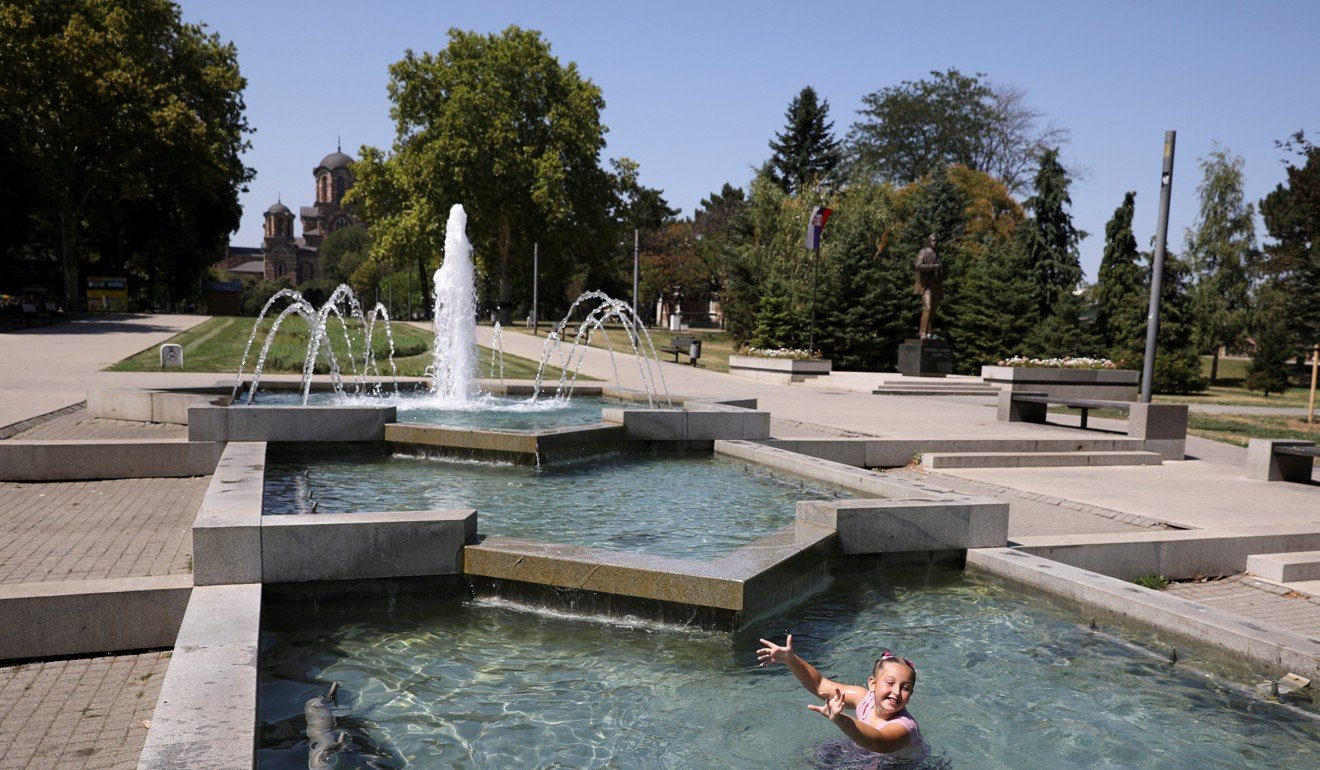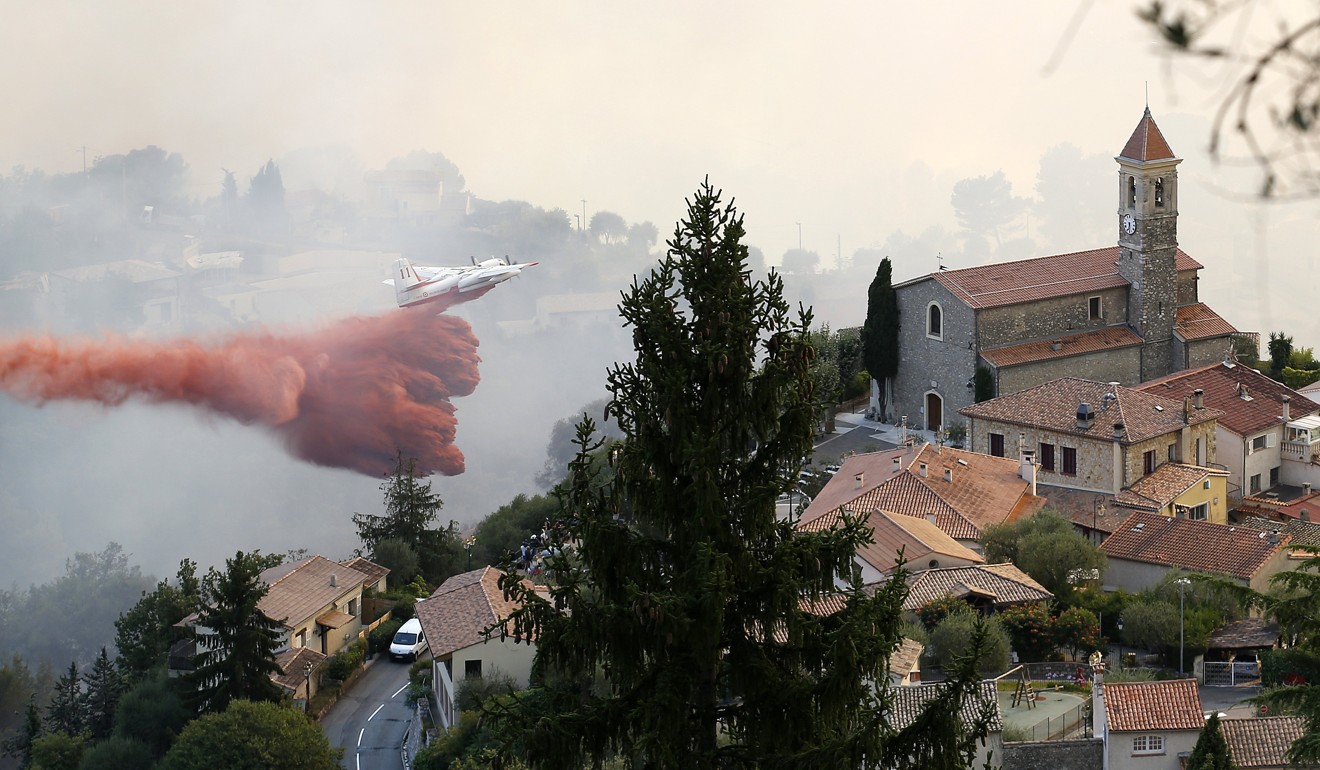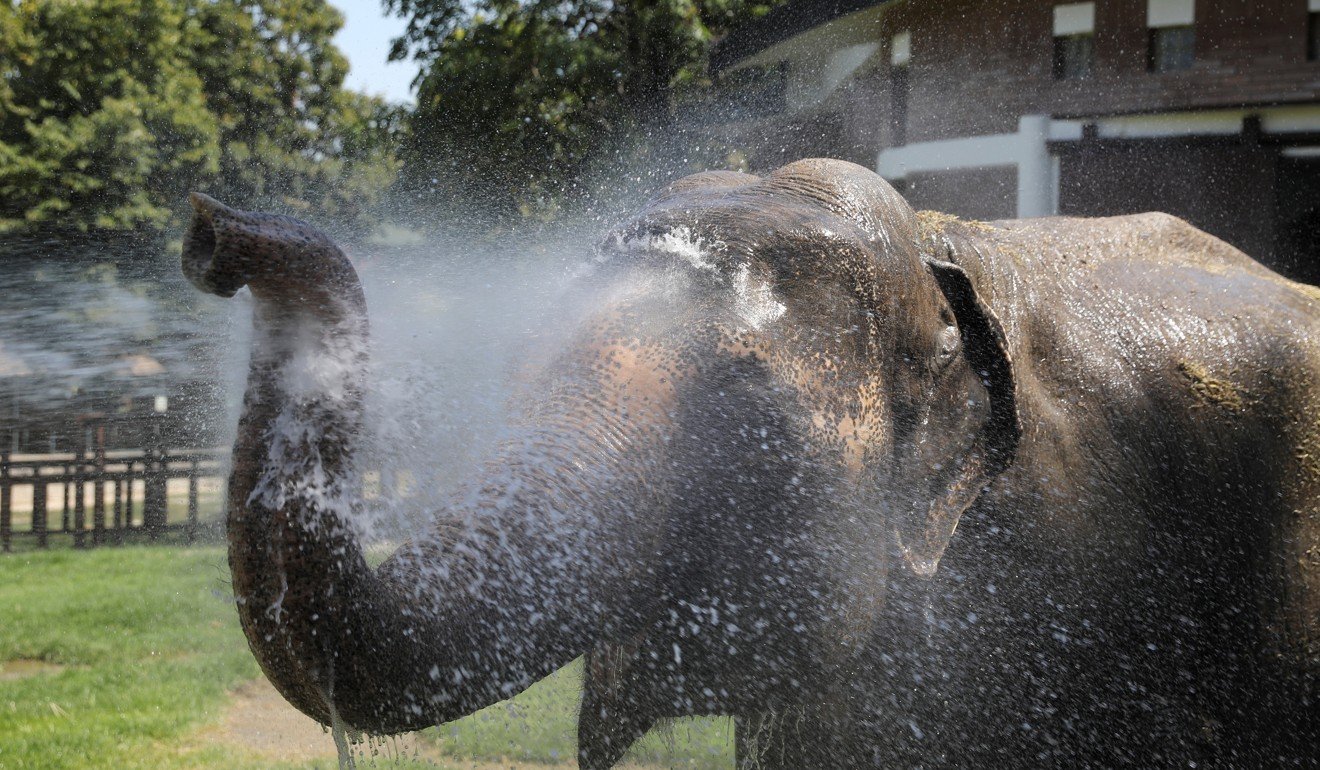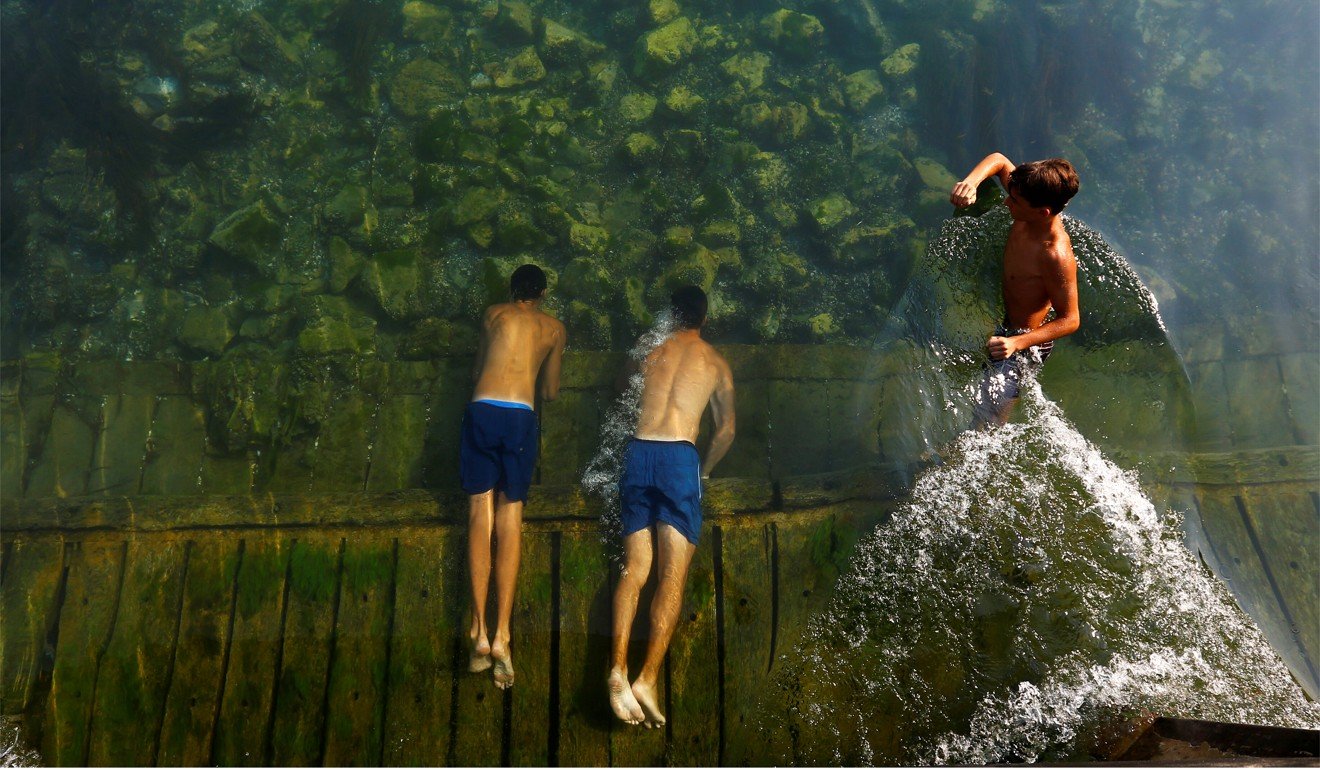
Mercury in Europe hits 40 degrees as deadly ‘Lucifer’ heatwave prompts severe weather warnings
Unusually high, sometimes unprecedented temperatures, are being recorded across an area spanning much of Spain and Portugal, southern France, Italy, the Balkans and Hungary

No wonder it’s being dubbed “Lucifer”. A relentless heatwave that has gripped parts of Europe has sent temperatures soaring to record highs for several days, causing at least five deaths and prompting authorities to issue severe weather warnings.
Unusually high, sometimes unprecedented temperatures, are being recorded across an area spanning much of Spain and Portugal, southern France, Italy, the Balkans and Hungary.
“It is just too much,” property agent Sasa Jovanovic, 52, said during an early morning walk in Serbia’s capital, Belgrade, where the temperature was forecast to hit 39 degrees Celsius on Saturday.

“Sometimes it feels as if I cannot breathe.”
The high temperatures came as a shock to Australian Mira Balic, who was visiting Serbia at a time when it’s winter in the Southern Hemisphere. Belgrade was among the hottest cities in Europe on Saturday – even hotter than Egypt’s capital Cairo, which is normally far hotter than central Europe.
“I came here from Australia, where the temperature is four degrees [Celsius]” Balic gasped. “This heat is killing me!”
The mercury in Europe has regularly risen above 40 degrees Celsius across the affected areas, exacerbating the impact of an extended drought and the lingering impact of a July heatwave which sparked wildfires that claimed 60 lives in Portugal.
In Romania, two deaths were linked to the weather, including a farmworker who collapsed after working in fields in the northeast of the country.
Spanish television station TVE reported that a 51-year-old man died as a result of the heat on the Mediterranean island of Majorca.

In Italy, at least three people have died. The latest victim was a woman whose car was swept away by an avalanche of water and mud as humid conditions near the Alpine ski resort of Cortina d’Ampezzo broke into torrential rain. That tragedy followed the deaths last Thursday of two pensioners caught in wildfires in the central region of Abruzzo and near Matera in the south of the country.
Italians longing for the beach have nicknamed the hot spell “Lucifero”, or Lucifer, after the biblical archangel said to have been condemned forever to the flames of hell.
Humidity and other factors are making it feel much hotter with the so-called perceived temperature in Campania, the region around Naples, estimated at a ferocious 55 Celsius on Friday.
Hospital admissions are running 15-20 per cent above seasonal norms and food producers are forecast to suffer billions of euros in losses as a result of reduced crop yields.
Italian wine and olive production is tipped to fall 15 and 30 per cent respectively this year.
In Rome, tourists have been risking recently introduced fines for splashing in the Eternal City’s fountains to cool off.

But there has yet to be any sign of visitors to southern Europe’s summer hotspots being deterred by the rising temperatures.
Tourists were queuing once more on Saturday outside Florence’s Uffizi museum, which was forced to close on Friday after its air conditioning broke down because of a lack of water from the dried up River Arno.
Health authorities in France have warned people to be particularly aware of the risks faced by the sick and the elderly.
The country is still haunted by memories of a 2003 heatwave which resulted in an estimated 15,000 avoidable deaths among pensioners, some of whom had been left on their own by holiday-making relatives.
Animal rights groups urged citizens to place plastic bowls with water outside their buildings and in parks for stray dogs.

Scientists meanwhile warned that deaths from extreme weather in Europe could increase 50-fold from an estimated 3,000 per year recently to 152,000 by the end of this century – if global warming is not reined in.
Southern Europe will suffer most and heatwaves would account for 99 per cent of the deaths, according to research conducted for the European Commission and published in The Lancet Planetary Health.
The conclusions were questioned by Korean peers of the researchers who suggested humans would become less vulnerable to extreme weather with experience of it.
Meteo France forecaster Frederic Nathan said he was sure recent heatwaves reflected global warming.
“We have always had them but their length and intensity has notched up since the 1950s and 60s and they are increasingly coming earlier or later,” he said.
“If you look at records for France, the vast majority of new records being set are for high temperatures. Record cold is becoming increasingly rare.”
Scientists warned last week that large parts of Asian subcontinent, home to a fifth of the world’s population, could become unbearably hot by the end of this century.
Agence France-Presse, Associated Press